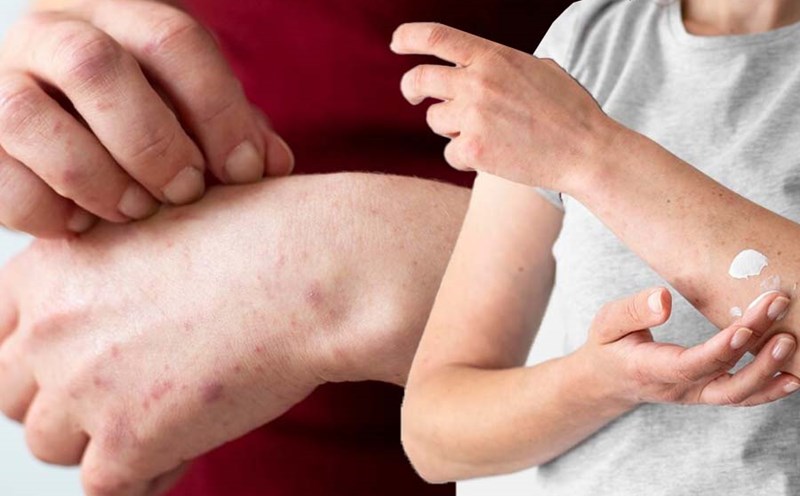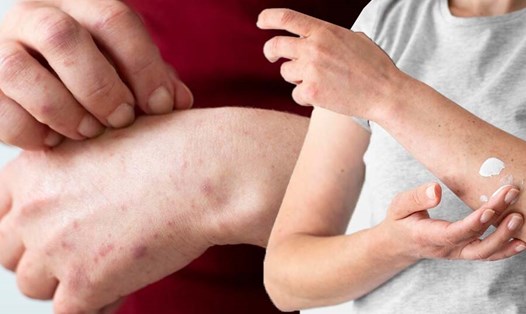Does frequent hand washing cause rashes?
According to Dr Shireen Furtado, Senior Consultant, Cosmetic and Medical Dermatology, Aster CMI Hospital, Bengaluru (India), frequent hand washing can have a major impact on skin health, often leading to dryness and irritation.
When you wash your hands frequently, water and soap can strip your skin of its natural oils, which are important for keeping it hydrated and protected. This can weaken the skin barrier and make it more susceptible to environmental irritants and allergens; over time, this can lead to rashes and redness.
Some ingredients in soaps, such as fragrances, preservatives, and some types of alcohol, can cause allergic reactions in some people. Synthetic fragrances, often used to enhance the scent, can be irritating and lead to contact dermatitis in people with sensitive skin. Preservatives such as parabens and formaldehyde-releasing agents are often added to extend shelf life but can also cause adverse skin reactions. While high concentrations of alcohol are effective at killing bacteria, they can also strip the skin of its natural oils, leading to dryness and irritation.
How hand washing can prevent and minimize skin rashes
Dr. Furtado recommends using warm water instead of hot or cold water, choosing a mild, unscented soap, and using a proper drying method. Additionally, instead of washing your hands with soap too much, you can alternate between using an alcohol-based hand sanitizer with an alcohol concentration of at least 60%.
Signs to watch out for
Common signs of a rash caused by excessive or improper hand washing include:
- Persistent redness
- Dry and flaky
- Development of small lumps or blisters on the skin
Furthermore, these symptoms will be accompanied by significant discomfort or swelling. If the rash does not improve after stopping hand washing or using moisturizers, you should consult a doctor to prevent further complications and provide treatment options appropriate to your specific skin condition.










